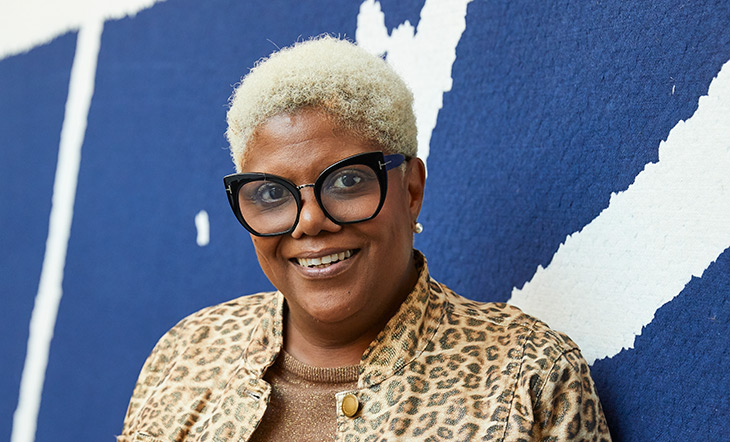How to Use Your Story for Advocacy
These industry pros are using their voices for change
Morgan CarterAugust 14, 2020

For the past few months, we've been hosting webinars as part of our Industry Support learning series. Topics have covered all facets of the current crisis, from understanding the RESTAURANTS Act, to chefs using their voice to influence policy, to activists securing their local foodways amid a pandemic, and more. Recently we chatted with a group of powerful marketing, public relations, and culinary professionals about the importance of telling your story in the fight to make change.
Kandia Johnson, a visibility coach and strategist expert, believes that finding your voice begins when you start to get uncomfortable. “A lot of the time we hold ourselves back from taking a step in life because we want to know with absolute certainty that you are going to succeed. The reality is there’s no absolute certainty in anything you can do. You can’t control the outcome, you can only control your effort. Once you find the courage to lean into that effort, once you find the courage to lean into that curiosity, the world opens up for you in a different way.”
When discussing imposter syndrome, Karlitz & Co. vice president Dawn Padmore encourages people to rely on the foundation of their stories to center their worth. “Take your space, you deserve it. Put that spotlight on yourself and shine brightly as possible even if you feel insecure walking through the door.”
When working with brands who want to centralize their message around advocacy, strategy director Janina Lagemann-Doné starts by posing the question, “If your brand disappeared tomorrow, what would the world miss?” Existential as the question may be, Lagemann-Doné recommends that brands think introspectively as a way to rebuild their messaging.
As a veteran, chef Roshara Sanders was discouraged from standing out in the military. Empowered by her culinary journey and her advocacy work through Habitat for Humanity, Sanders now demands people to listen. “[I] force people to listen, because that’s a part of breaking the glass ceiling. Especially as a mentor, I want to see young women be able to tell their story, no matter what. For me—it doesn’t matter if you want to hear it or not, because that is a part of who I am.”
Check out what's on-deck for our webinar series and find past recordings here.
Our team would like to know what topics you would like us to cover. Please email us at impact@jamesbeard.org with your suggestions on speakers, resources, and issues you would like us to host.



-57 web.jpg)


